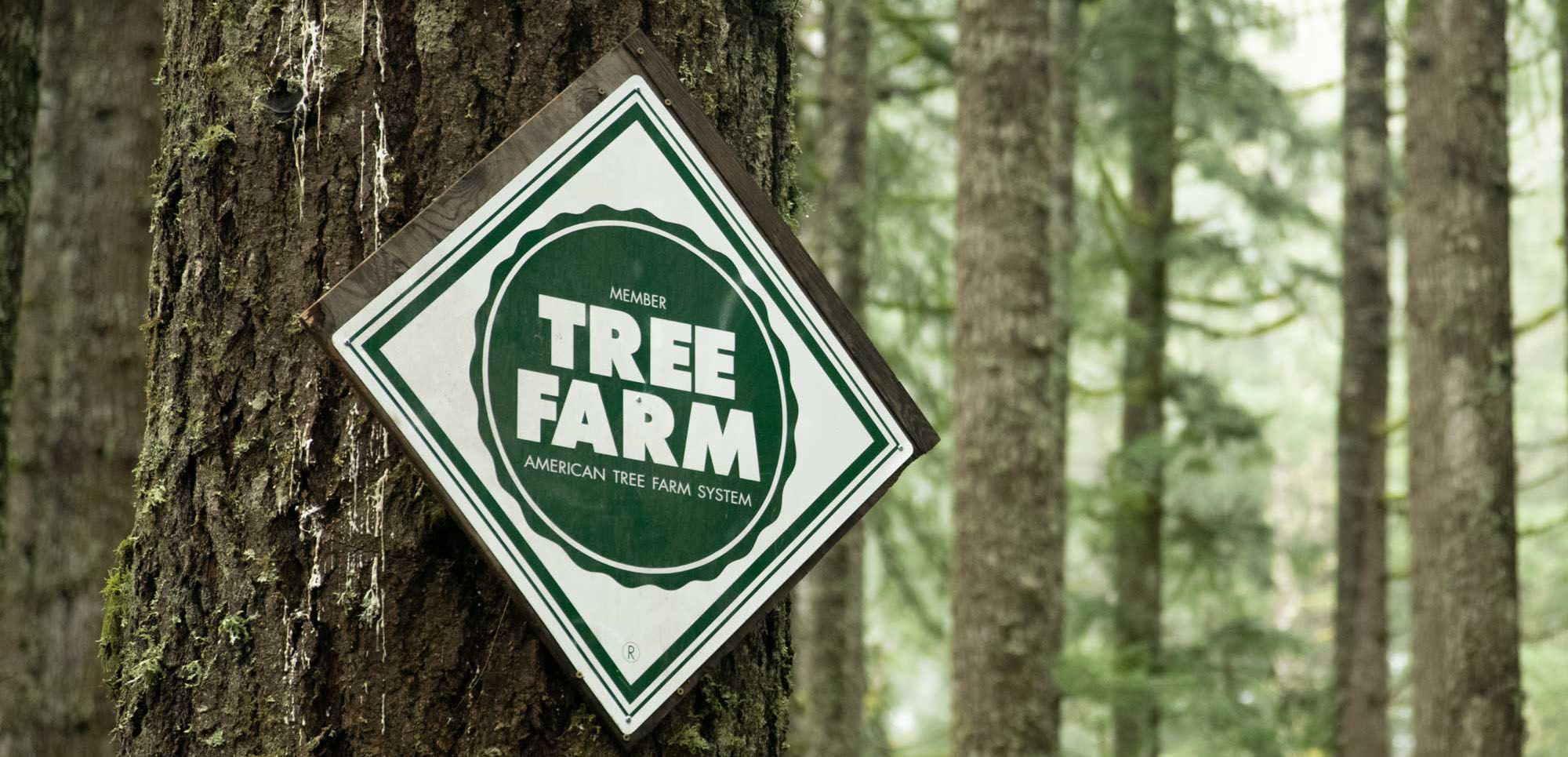Sustainable forest management is about balancing environmental, social and economic benefits, and forest landowners have many ways to achieve this.
While forest certification is one way to showcase your commitment to sustainability, it’s not the only option. Certification programs from organizations such as the American Tree Farm System, Sustainable Forestry Initiative, and Forest Stewardship Council label forests and their wood products as certified, signaling responsible management. However, pursuing certification is entirely voluntary and may not be necessary for all landowners.
In Oregon, forest protection laws, such as the Oregon Forest Practices Act, already ensure sustainability by protecting water quality, wildlife habitats and overall forest health. Many landowners find that following these regulations is sufficient to demonstrate their responsible forest stewardship.
Some landowners, however, choose to engage with one or more certification programs for a variety of reasons. Certification can provide access to specific markets that demand certified wood products, enhance credibility when selling timber, or demonstrate a commitment to sustainability to neighbors, stakeholders or future generations. Certification programs may also offer guidance on best practices for forest management and help landowners align with their personal or organizational values.
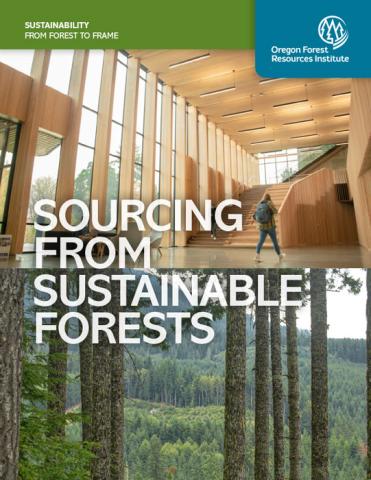
If you’re interested in learning more about forest certification and sustainable sourcing, start with the Oregon Forest Resources Institute’s Sourcing from Sustainable Forests
This report provides an excellent overview of how sustainable forestry practices support environmental, social and economic goals, and the role certification programs play
Understanding forest certification systems
If you’re considering certification, it’s important to choose the program that best aligns with your goals. Each program has unique strengths; here is a brief overview of the three most common certification systems:
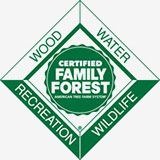
American Tree Farm System (ATFS) is ideal for small family forest landowners, focusing on stewardship and a straightforward certification process.
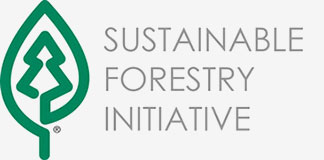
Sustainable Forestry Initiative (SFI) emphasizes balancing environmental, economic and social values, making it suitable for larger or commercially managed properties.
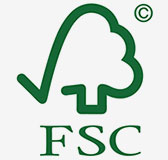
Forest Stewardship Council (FSC), globally recognized for its rigorous environmental and social standards, often appeals to landowners targeting international markets or eco-conscious consumers for their forest products.
Understanding the goals of each certification program can help you make an informed decision. Whether you choose ATFS for its family-friendly approach, SFI for its broader market access or FSC for its emphasis on global sustainability, certification programs provide a clear way to signal your commitment to responsible forestry.
Have more questions about forest certifications? Dovetail Partners is an environmental policy and education nonprofit that has excellent resources on forest certification systems in general.
Whether you choose certification or rely on Oregon’s robust forest protection laws, you are contributing to the sustainability of your forest and demonstrating your commitment to responsible management. By actively managing forests to provide long-term benefits, you’re playing a key role in keeping forests as forests for future generations.
ADDITIONAL RESOURCES:
VIDEOS
Forest Sustainability and Certification
Learn more about forest sustainability and the role certification programs play in promoting responsible forest management.
Sustainable Wood from Sustainable Forests
Learn how sustainably managed forests produce wood products that benefit the environment, economy and society in this recorded training video.

